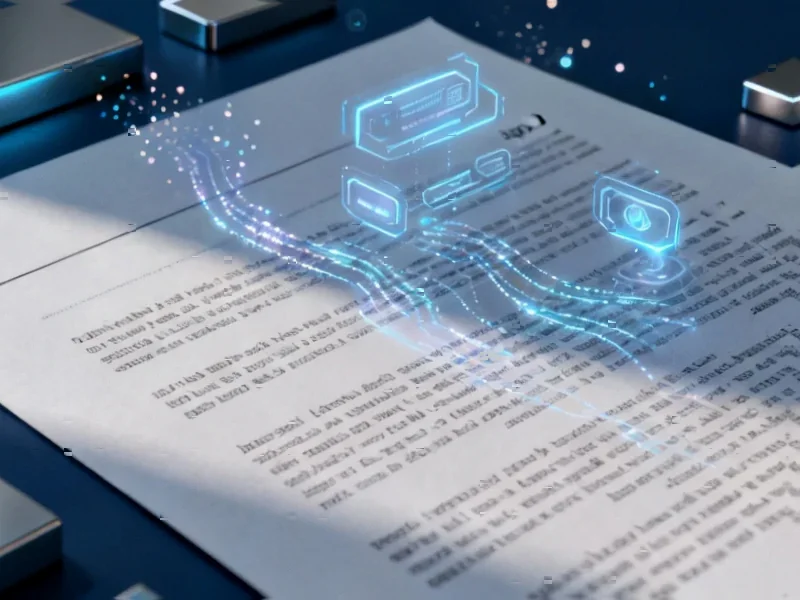According to Fast Company, Stability AI largely prevailed against Getty Images in a British High Court battle on Tuesday. Getty had accused the AI company of scraping 12 million images from its website without permission to train Stable Diffusion. This closely watched case was among the first major lawsuits challenging how tech companies use copyrighted works to train generative AI systems. Tech firms have consistently argued that “fair dealing” doctrines in the UK allow them to train AI on large collections of content. While Tuesday’s ruling provides some legal clarity, experts say it still leaves significant questions about copyright and AI unresolved.
What This Ruling Actually Means
Here’s the thing: this isn’t a complete victory for either side, but it’s definitely leaning Stability AI‘s way. The court basically said that most of Getty‘s claims didn’t hold up under UK law. But let’s be real – this is just one battle in what’s going to be a very long war over AI training data.
So what happens now? Well, we’re probably going to see more companies feeling emboldened to scrape data for AI training. I mean, if Stability can get away with using 12 million copyrighted images, what’s stopping others? But here’s the catch – this was a UK ruling, and the legal landscape looks very different in the US and other countries. Getty still has a parallel lawsuit going in the US, where “fair use” arguments might play out completely differently.
The Real Fight Is Just Beginning
Look, this case was always about more than just 12 million images. It’s about setting precedent for an entire industry. Tech companies want clear rules that let them train AI on existing content, while content creators are fighting to protect their livelihoods. And honestly, both sides have valid points.
What’s interesting is how this ruling might influence other pending cases. We’ve got lawsuits from authors, artists, movie studios – everyone’s watching to see how these early decisions shake out. The fundamental question remains: when does training AI cross the line from learning to stealing? Nobody has a perfect answer yet, and courts around the world are basically making this up as they go along.
Basically, we’re in the wild west phase of AI law. Companies are pushing boundaries, creators are pushing back, and courts are trying to apply decades-old copyright laws to technology that didn’t exist when those laws were written. It’s messy, it’s complicated, and Tuesday’s ruling is just one piece of a much larger puzzle that’s still being assembled.




